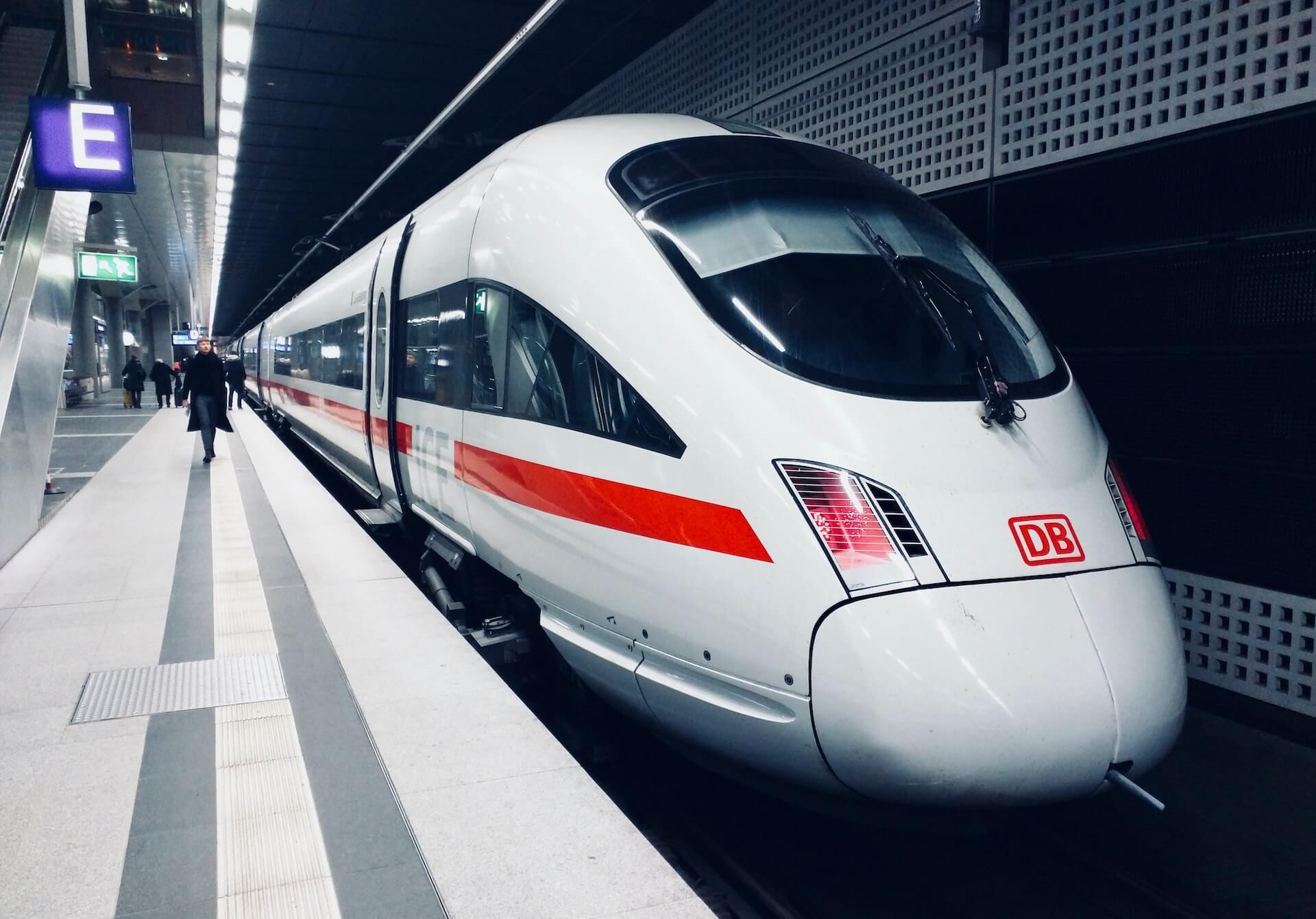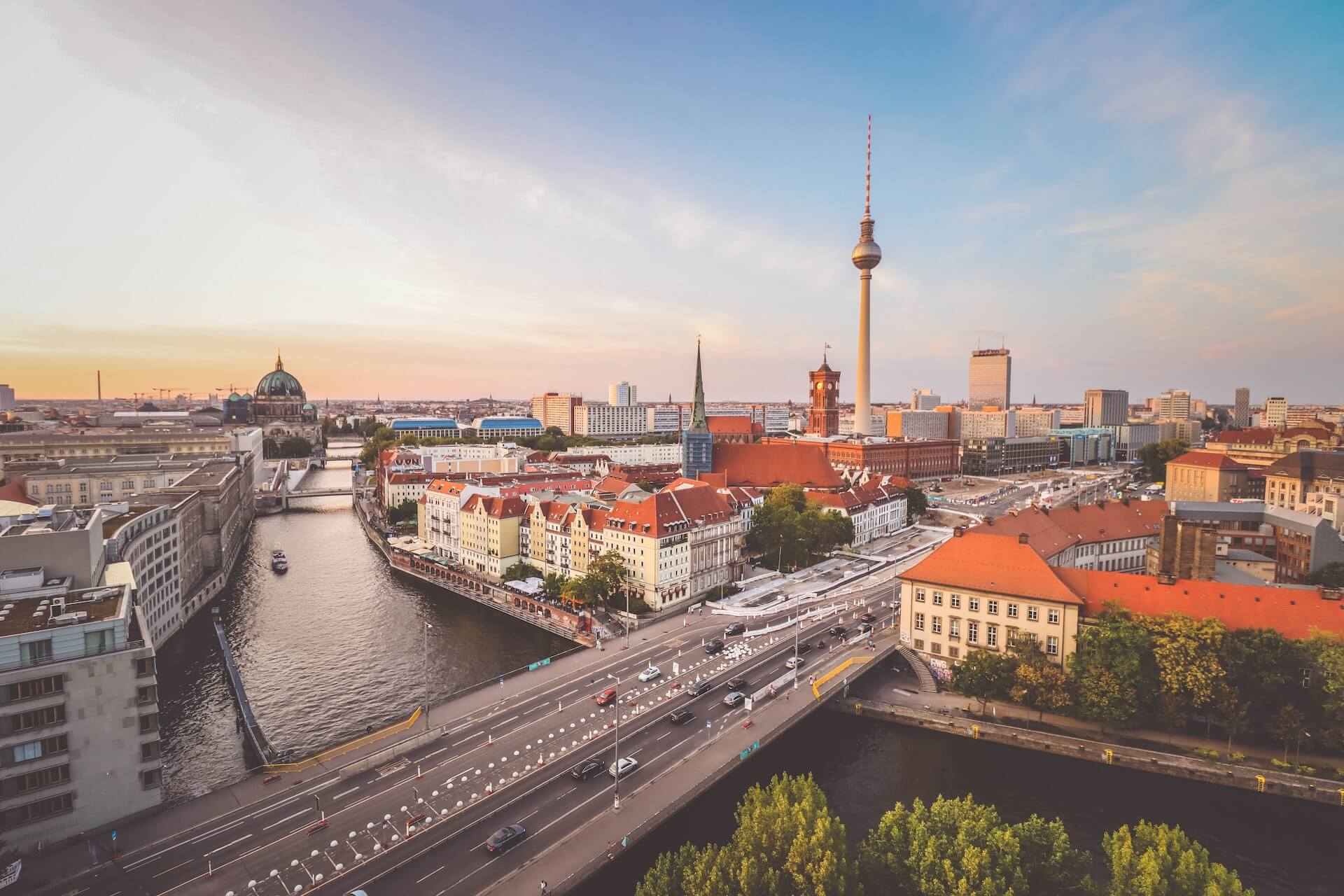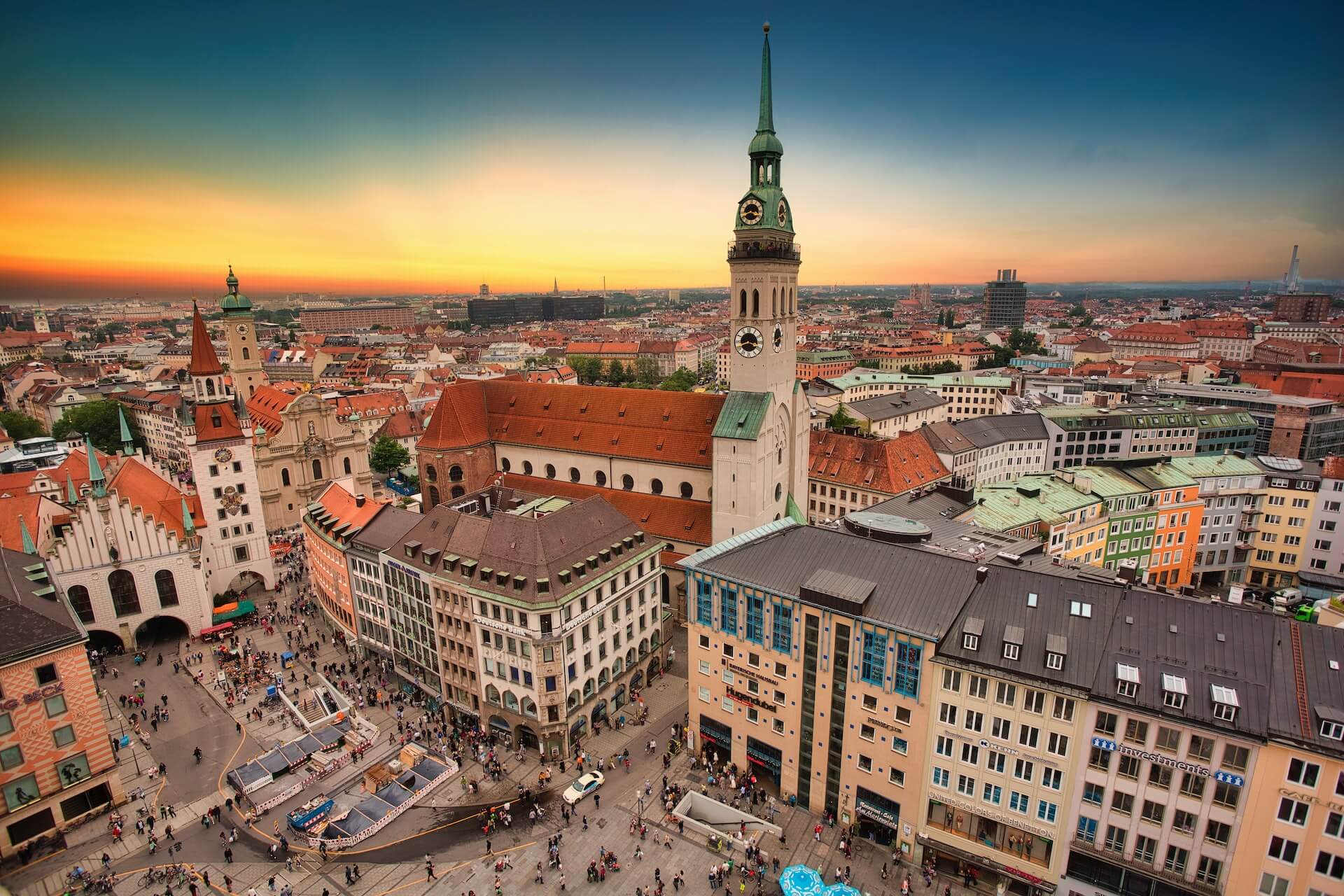Moving to Germany
Wunderbar! You've decided to make the most exciting move of your life, swapping Budweiser for Pilsner, corn dogs for bratwursts, and amber fields of grain for Sound of Music hills. Before you travel more than 3,000 miles to start fresh in Europe's economic powerhouse, let's remind you why moving to Germany is such a fantastic decision.

Here are the Seven best reasons to start living in Germany:
- Low cost of living
- Universal healthcare
- Education system
- Work-life balance
- Raising a family benefit
- Public Transportation
- No one allowed to be hateful
It's no wonder, then, that Germany was included in the eighth most-popular country to move to in HSBC's 2019 Expat Explorer Survey. This high ranking was largely down to its education system, which was ranked third, and its economic stability, which saw it come second behind Switzerland.
These are positives for any family, but many of you will be asking: is Germany a fun place to be? Can I enjoy myself on the weekends? The answer, fortunately, is a resounding ja.
Your new cost of living will be a massive relief
Moving to Germany is a treat for people such as yourself, who are used to paying American prices. Your wallet will be much happier on this side of the pond. Germany has a relatively low cost of living, especially compared to other European countries. On average, German residents have 14% more disposable income than Americans.
Good healthcare options

Germany's healthcare is a duo-system of private and public healthcare. In Germany, it is a legal requirement for everyone to have health insurance. Typically, an employer registers their employees in public healthcare. Every German employer must also outline the costs of healthcare to their employee, as it's automatically deducted from their paycheck. Germany provides free public healthcare to every resident to cover "medically necessary" costs, funded by social security contributions. However, residents are also expected to have private coverage for pregnancy, outpatient treatment, and hospitalizations. For people coming from a country that has the most expensive healthcare in the world this new system is a pleasant change.
The education system is brilliant
Many people are not aware of this, but Germany offers free education. Unlike countries like the USA, which have enormous tuition fees, universities in Germany either have very low fees or do not charge anything at all. Because of this, Germany is a popular place to immigrate for education purposes. Everyone - yes, including you - can go to university in Germany for free. No exceptions. All 16 states abolished tuition fees in 2014, and haven't looked back. That's especially ausgezeichnet (excellent) as German institutions are some of the best in the world. Germany has 23 universities in the world's top 200, according to the Times Higher Education's rankings, including institutions all over the country - from Freiburg and Hamburg in the north, to Tübingen and Munich in the south. And that's not all. If you have young children, you can rest safe in the knowledge that their education will also be top-notch. Germany came in the top 25% of OECD countries for maths, science, and reading in 2016, achieving top-16 places in each category. This was way ahead of the US, which came 24th in reading, 25th in science, and 40th in math. Your kids can look forward to a better standard all round.
The work-life balance…
Germany is a strong business center in the European market. Many expats move to Germany with a job already lined up, often in a managerial or executive role. Germany has a strong economy and ranks in the top ten countries to work abroad. Even if you don't have a job lined up, it's possible to find one easily. You're also set for an improvement in your working circumstances. Get ready to take your nose off the grindstone and give it a well-earned break. Working in Germany means spending less time at your desk than you would in any other developed nation. In 2018, the Organization for Economic Co-operation and Development (OECD) found that people in Germany work for 1,363 hours per year, on average - more than 400 fewer than workers in the US. That means you'll work an average of just 26 hours per week, or 5 hours and 12 minutes per day. The minimum wage in Germany is also more generous, standing at €9.19 ($10.30) - nearly 50% more than the US's federal minimum wage of $7.25.
…and way more holidays
Everyone in Germany gets a minimum of 20 days off with pay. And it gets even better: the average across Germany is 30 days, the most in the whole of Europe, according to the Institute of German Business.
There are also between 10 and 13 public holidays per year in Germany, depending on which state you live in. Nine of them are observed nationwide - New Year's Day, Good Friday, Easter Monday, Labor Day (yes, Germany also has one of those), Ascension Day, Whit Monday, German Unity Day, Christmas Day, and Boxing Day (the day after Christmas) - while there are also several celebrated by different combinations of states. This perhaps explains why people in Germany gave their work-life balance a score of 8.4 out of 10 when talking to the OECD - one of the best ratings around.
Raising a Family
Many people choose to move to Germany to raise a family. In the United States, a mother receives (at a minimum) three months of unpaid maternity leave. Germany offers parents the option to split paid leave over 14 months between the mother and father, as the couple wishes. Additionally, the government provides financial reimbursements for each child until they turn 18.
Public transport isn't just efficient, it's amazing
If speeding down the Autobahn every day isn't for you (you might not want to risk having to use your health insurance straight away, after all) you're still covered. Like many countries in western Europe, Germany has a top-quality public transport system. A monthly pass will typically be cheaper in Germany, and boy is it worth it. Cities and towns use buses, trams, the U-Bahn (subway), and/or the S-Bahn (overground) to get people where they need to go. And in the case of larger hubs like Berlin and Munich, all of these methods of transport seamlessly combine to form one incredible system. On a daily basis, Berlin's 117-year-old U-Bahn carries 1.5 million people to 173 stations across 94 miles of track - and that's just the subway. Everything is linked up, so you can easily shift from an underground train to an overground one - plus you can connect to the internet across the entire U-Bahn.

No-one is allowed to be hateful
Of course, no amount of beautiful castles and landscapes could make anyone forget the horrors of Germany's recent history. Following the events of the Second World War, the country decided freedom of expression was less important than dealing with the harrowing events of the 1930s and 40s. In the US, the freedom to protest and say whatever you want is protected under the First Amendment. This isn't the case in Germany. As a result, flags of hateful, extremist ideologies like Nazis and Daesh are banned in Germany, and displaying them is punishable by up to three years in prison. Germany takes this kind of act seriously - understandably. Unlike the US, Germany has had a federal law banning all kinds of discrimination since 2006; neo-Nazi demonstrations are expressly banned, and any buildings or statues which glorify the Nazi ideology have long been destroyed. In many cases, these have been replaced with museums to teach future generations about what happened in order to prevent a repeat. These museums are fascinating, and well worth a look.
Most Popular Areas in Germany
Berlin
Berlin is the capital in Germany and the most populated city in the country. Many expats choose to move to Berlin as it's considered the country's epicenter. New residents will find it easy to find a job in Berlin, will love the nightlife, the culture, and the food. And Germany's epic transportation system makes it easy to get around the city without a car.

Munich
Munich is Germany's third-largest city, primarily known for its annual celebration Oktoberfest. Many large organizations, such as BMW, PWC, and Seimens, have their headquarters in Munich, resulting in a hot job market for employees. Additionally, Munich is an international hub, with approximately 22% of the residents being foreign. This means that for the American new-comer, finding people who speak English will be no issue at all.

Frankfurt
Frankfurt is the fifth-largest city in Germany but, in many ways, holds the most power. Frankfurt is an economic center for the world, with many international banks headquartered here. The city is full of students and expats, making it have a vibrant social scene. It's a city that embraces everyone, has an influential culture, and lots of diversity. Americans will quickly feel at home in this city.

Now that you're convinced Germany is the right choice for you, it's time to start planning. An international move comes with many challenges. You will have to worry about applying for visas, opening a bank account, and getting set up in your new home. The last thing you want to worry about is your stuff getting to its proper location. Give yourself peace of mind by using a professional moving service for your relocation. Uplift Movers is a trusted moving company with experience in international moves.